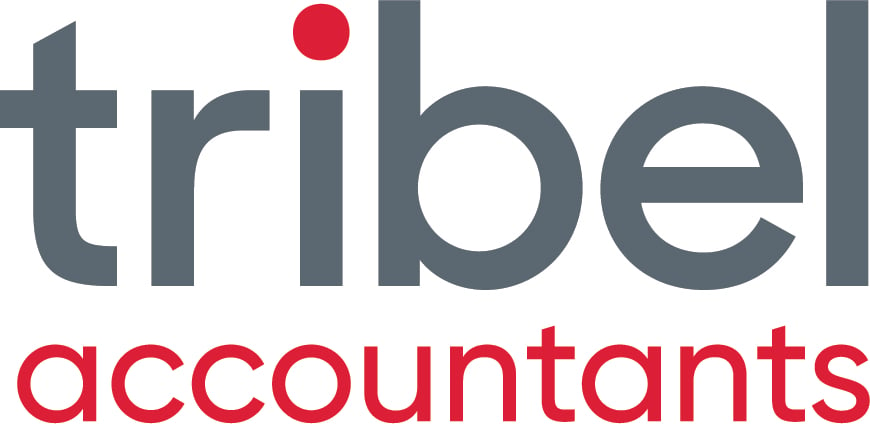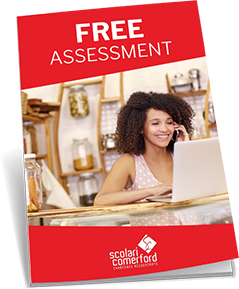INTRODUCTION:
Most business valuations have an element of goodwill. Quite simply its calculation is the difference between the value of business overall and its tangible assets. It is typically a large part of any small to medium enterprise value so its important to understand the different types of goodwill and how they can affect overall value. If you are buying or selling a business, make sure you or your business valuer take these into account. If you are selling address, the weaknesses to limit reduction in your business value. If you are buying, be careful not to pay too much for such factors. This should always be considered as part of any business planning.

Figure 1: Can your business run without you or are you 'the artist'? Photo courtesy of Lara Scolari Gallery Balmain
1. personal
This type occurs where the owners have a personal following from their customers or clients.
This may have an impact on reducing the business valuation in some circumstances as when the owner leaves, these clients may leave the business with them.
This can be managed better if selling by offering a transitional period whereby the owner stays for a period of time (can be 3 months to 3 years usually). If you are planning on selling, now is a good time to work out how you can make the business less reliant on you. It may involve introducing clients to staff (ensure you have restraint of trade clauses in your employment contracts by seeking legal advice though!).
If you are purchaser of the business you may insist that there is a clawback of the purchase price if certain revenue levels aren't met.
2. corporate
Corporate goodwill is when it is attached to the business itself (not the owners) and would typically include:
- retailers;
- wholesalers; and
- manufacturers.
These types of businesses have achieved a loyal customer base as a result of their marketing, strategies, reputation or their selling products.
Should the owner decide to exit, the risk of the new owner having customers leaving the business is typically reduced.
3. location
If a business's success is determined by its location then it will have what is known as location goodwill.
The following businesses are typical examples:
- motels;
- caryards;
- convenience stores; and
- childcare centres.
If you are selling or buying a business, the business valuation Sydney will be up or down depending on:
- length of time of the current lease;
- factors affecting location such as interruption by major roadworks, permanent diversion of traffic flows;
- changes in regulations requiring premises upgrade; and
- difficulties in getting the landlord to transfer the lease to the new owner.

Figure 2: Location, location, location! Some businesses rely on it and this can have a big impact on value.
CONCLUSION:
When assessing your business and working out your exit strategy, be sure any business planning identifies the type of goodwill that exists. If there is a way to minimise any negative impact on the business valuation, now is the time to shore these weaknesses up prior to any sale.
Of course if you are buying a business, beware of the traps that can occur with the different types. Be sure to get good advice from your accountants, business valuers, business advisors and solicitors as some of these shortfalls can be managed and a lower price might be able to be negotiated at the same time!


.png?width=100&height=100&name=COVID_Safe_Badge_Digital%20(002).png)




